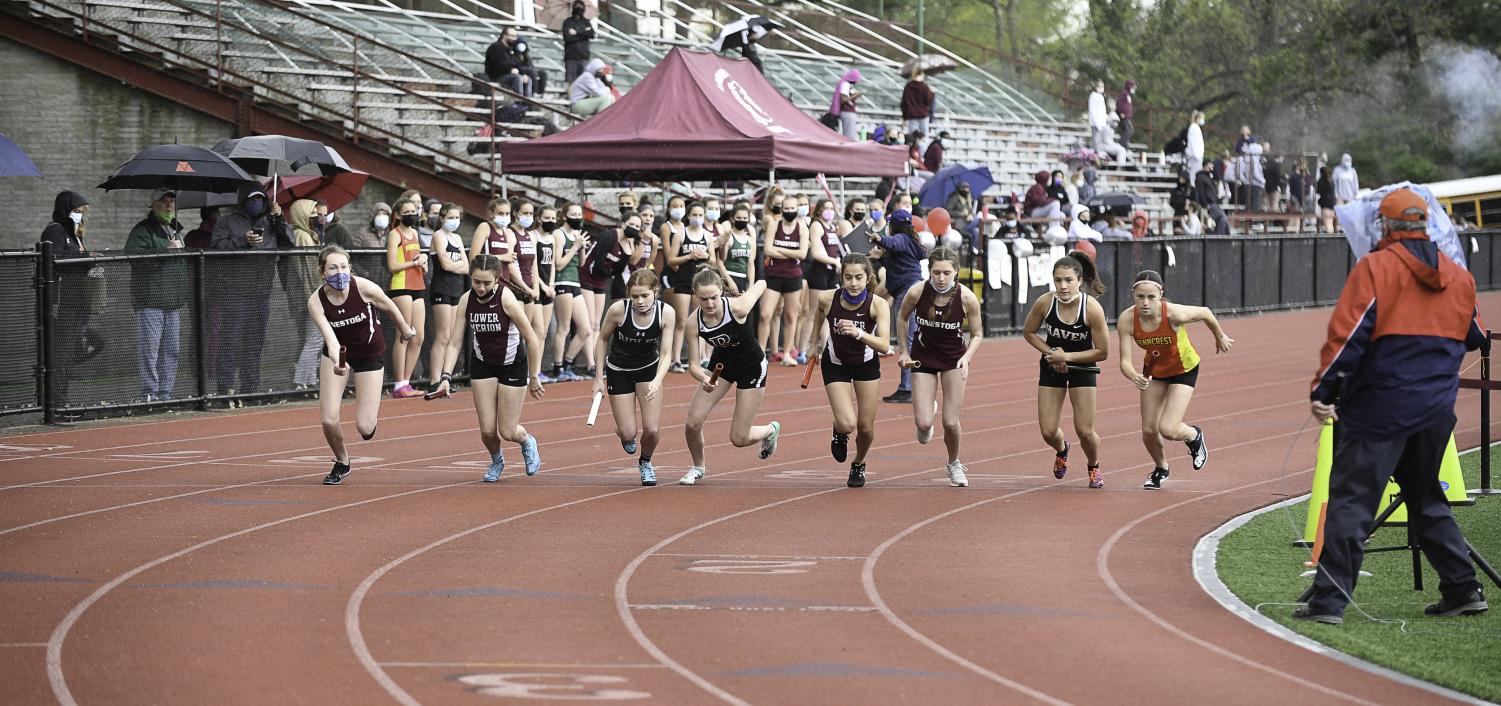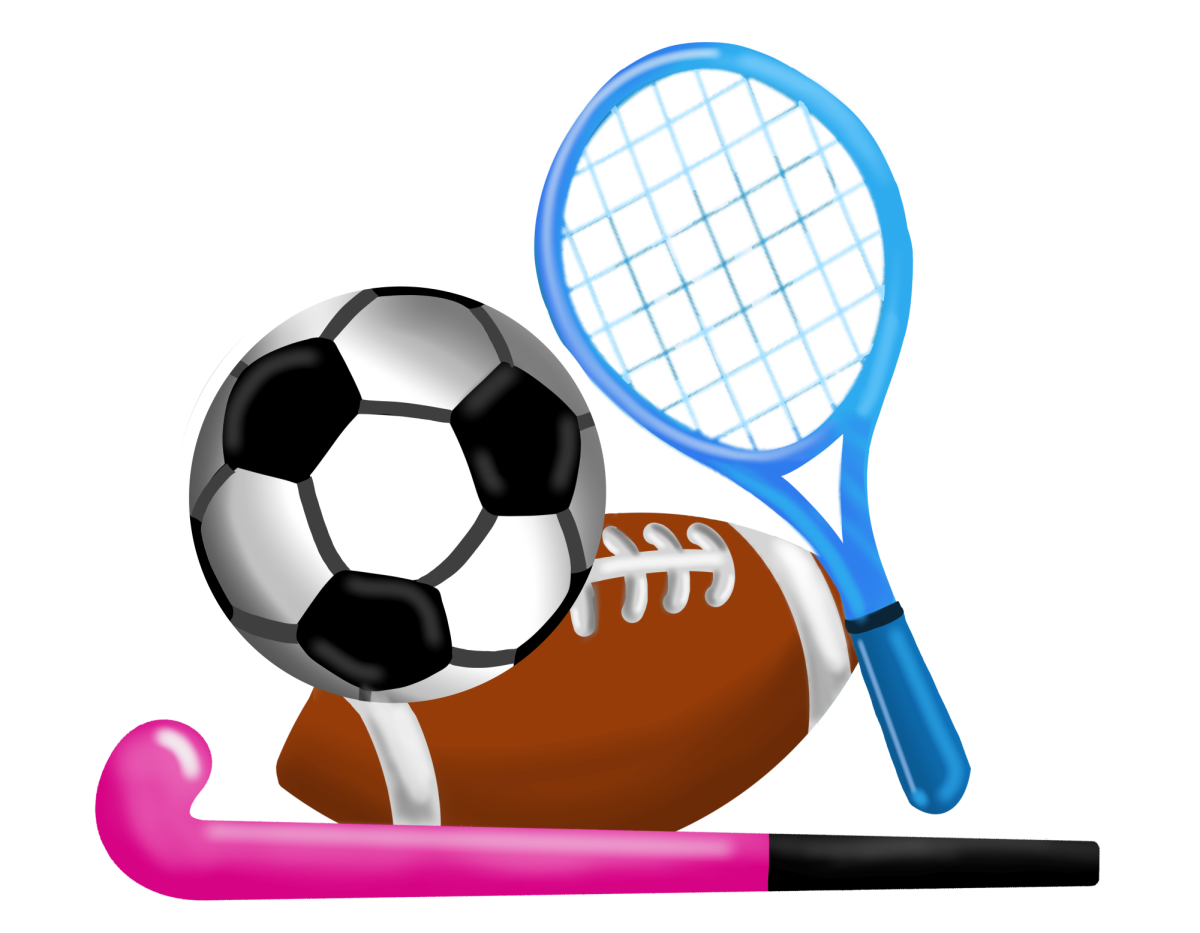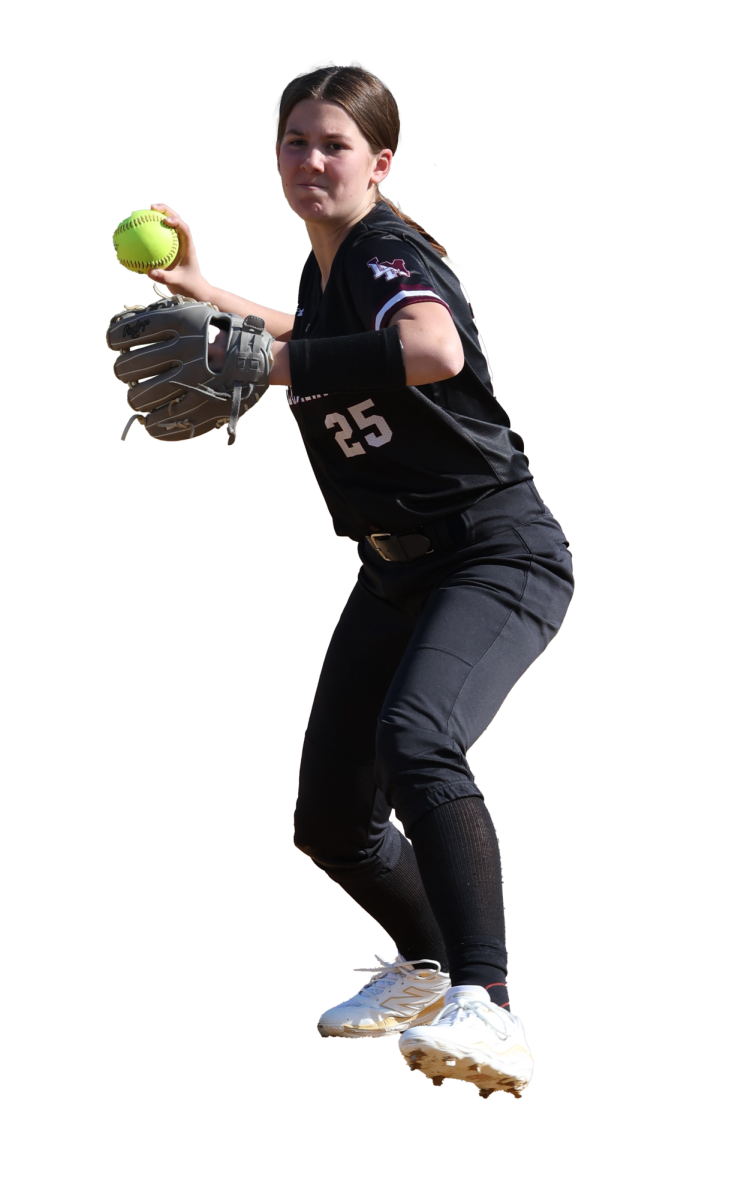
All the current attention on athletes’ health is rightfully focused on COVID. With that in mind, it is crucial to take measures to prevent more typical injuries from occurring and treat them properly when they take place. Here are eight ways to maximize the time you spend on the field and perform at peak physical capability.
1. Take time to recover. LM sports are required to provide athletes with at least one day off each week, and not without reason. Resist the urge to push yourself over the limit when it is unnecessary to do so. Give your body a break from the wear and tear of a grueling slate of practices and competition. That is not to say you should kick your feet back and watch TV with a bowl of popcorn, though. Instead, consider an active form of recovery like a brisk walk or jog.
2. Wear proper protective equipment. They may not give you that fashionable look you look for when you take the field, but helmets, mouthpieces, and protective padding are well worth their unattractive appearance. Hard falls, collisions, and impacts from balls or sticks are absorbed by the gear on your body.
3. Condition muscles. Coaches should allot time for both strength training during practices and stretching before and after practices and games.Increasing strength and flexibility while simultaneously getting the blood flowing to useful muscles is crucial to both performance and injury prevention.
4. Practice with proper technique. It may sound far-fetched, but freak injuries while horsing around are extremely common. Taking all your reps seriously and not experimenting with any risky forms of throwing or running is a very simple yet very wise step towards making it through the season injury-free.
5. Take breaks. As the heat of the summer begins to hang over the end of the spring season, heat-related illness and injuries become increasingly likely to strike. Even the most important of practices is not worth attempting to overcome the heat. If you begin to feel sick, take a seat for a few minutes until you feel up to jumping back in.
6. Drink water. On a similar note, even the athletes in top shape are not immune to dehydration. Sports drinks are beneficial as well, but water is the fluid you absolutely need to be drinking before, during, and after any form of intense physical activity, especially as the weather continues to warm.
7. Play safely. Do not recklessly endanger yourself or others by acting in a way the rulebook of your sport prevents. Even the most unnecessary-seeming regulations are often in place solely for your benefit. Violating rules meant to protect you is a surefire way to force yourself, a teammate, or an opponent out of commission for an extended period of time.
8. Do not play through pain. If you are completely certain that a twinge you feel in your leg is just a sore or tweaked muscle, continuing is permissible. If a part of your body hurts or feels strange in an unfamiliar way that leads you to believe it is at risk of being hurt, let your coach know and see a trainer when you get the chance. LM’s resources and facilities for injury treatment are rather useful. Even if it means missing a big game, take the day off and get the proper care instead of jeopardizing your immediate and long-term future as an athlete.
Many of these precautions align with common sense, so they should be easy to follow. Others, though, may seem difficult to follow and could cut into time typically spent doing other things or throw off a routine. In the end though, any athlete would much rather take those fifteen minutes to stretch and drink water than end up immobilized for the season and beyond, needing a long recovery to continue their athletic career.







